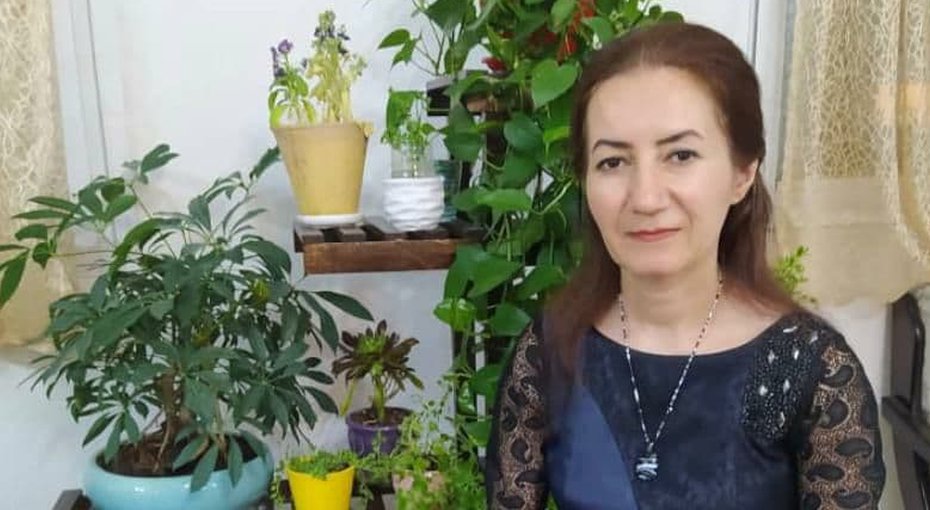Source: iranwire.com

As Iran entered a new year, Iranian authorities intensified their crackdown on the nation’s Baha’i people. Iranian citizens continue to face mounting problems, including economic crisis, political turmoil that is likely to increase as the presidential election draws closer, and nowhere enough coronavirus vaccines to protect its population just as the country is hit by a fourth wave. But instead of taking steps to tackle these problems, Iran’s leaders have prioritized brutally targeting the population of one of its largest minority religions.
Since the new year began on March 22, the pressure on Baha’is in Iran has intensified, with the homes of more than 30 Baha’is being searched in several Iranian cities and more than 20 Baha’is being arrested and jailed in Mashhad, Bandar Abbas, Shiraz, Isfahan and Baharestan in Isfahan province.
On Sunday, April 25, Islamic Republic security forces raided the homes of 13 Baha’is in Baharestan and arrested eight people. The agents were reported to have used violence during the arrests. According to Human Rights Activists News Agency (HRANA), security forces also confiscated personal belongings.
The raids began at about 6am and continued until approximately 1pm.
The next day, several more Baha’is were summoned to court.
Sara Shakib, Firouzeh Rastinejad, Sanaz Rasteh, Azita Rezvanikhah, Mojgan Pourshafiei, Nasrin Khademi, Afshin Vojdani and his wife Noushin Hemat were all arrested.
HRANA reported that all those arrested had been transferred to an unknown location, and that nothing further about their situations had been made public, either by the media or their families.
One of those detained, Azita Rezvanikhah, had recently contracted coronavirus and was in quarantine at her home.
Iran is experiencing high numbers of coronavirus cases and an unprecedented rise in the number of deaths and infections caused by the virus. Given that prisons have been one of the most dangerous places for the spread of coronavirus and that Iran’s health and medical authorities have repeatedly advised that people should socially distance and stay at home where possible, the news of Azita Rezvanikha’s arrest is particularly disturbing. Any fellow inmates or prison staff member exposed to her will be at great risk of contracting the virus. Furthermore, she was still ill at the time of her arrest and trying to recover from the virus, so her health will be more greatly compromised in a prison environment.
On April 27, IranWire learned that a further arrest had taken place on April 25. Baha’i citizen Maryam Khorsandi was arrested at her home in Isfahan. Khorsandi had previously lived in Baharestan, so her arrest could signal a specific targeting of Baha’is with links to Baharestan.
Like Azita Rezvanikhah, Maryam Khorsandi has been ill. She was recovering from chemotherapy and was unable to access her medication after her arrest.
More Raids a Day Later
News surfaced on Monday, April 26 that security agents went to the home of Roya Azadkhosh, also in Baharestan, searched the premises and then arrested her. As with the others detained, her whereabouts are still unknown.
Authorities continued the crackdown later that same day, with security agents arriving at the homes of Baha’i citizens, including Mojdeh Bahamin, Nahid Rezvani, Elnaz Khavas, and a woman only known by her last name, Zarei. Agents confiscated personal belongings including desktop computers, laptops, and cell phones.
The Baha’i International Community, along with numerous human rights groups and campaigners around the globe, has continuously highlighted the Iranian regime’s harsh treatment and systematic persecution of the Baha’is of Iran.
May 10, 2021 12:54 pm
One is amazed that the Baha’is can withstand this onslaught of unjust disruption of their peaceful lives. But so far in their hundred and seventy-seven year history the Baha’is of Iran have never known peace. The reputation of this noble and God-fearing community has been smeared by a concerted campaign of remarkable lies and absurd tales and finally the good people of Iran now know that these many misrepresentations are all false and that Baha’is can be trusted in business, in medicine, in classrooms to hold themselves to the highest standards of conduct. For all the seeming organization of this supposed crackdown, the choice of who to search, who to arrest and who to imprison is always arbitrarily based on who can be most cruelly treated. The survival Baha’is under this constant pressure is the most pure reliance on God that humanity may ever witness. Our prayers are for their safety and continued strength under this unjust trial.